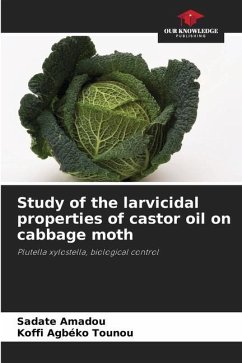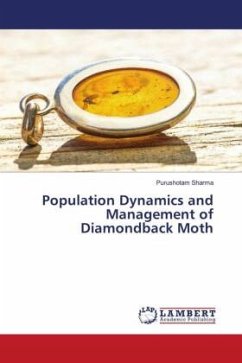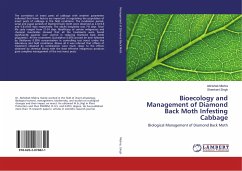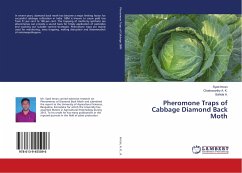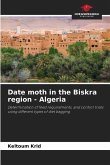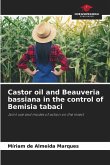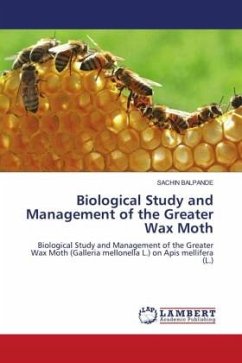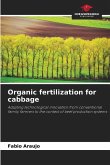The diamondback moth Plutella xylostella L. is nowadays the most destructive pest of cabbage crops. Due to the current difficulties in controlling this pest by using chemical pesticides, alternative methods have been advocated. It is in this dynamic that the present study is situated in order to evaluate the insecticidal effect of different aqueous extracts and castor oil against the larvae of stages 3 (L3) and 4 (L4) of P. xylostella. From the results of these different tests, it appears in a general way that the contact tests showed a greater efficiency compared to the ingestion tests. L3 larvae were more sensitive to the different extracts and oils compared to L4. Castor oil was very effective on cabbage maggot larvae resulting in total mortality of L3s 30 minutes after inoculation. Inoculation of larvae with aqueous extracts resulted in a remarkable larvicidal effect with the highest mortality rates recorded with seed extracts followed by leaves and roots. The larvicidal effects of castor oil in the field were similar to those obtained in the laboratory.

